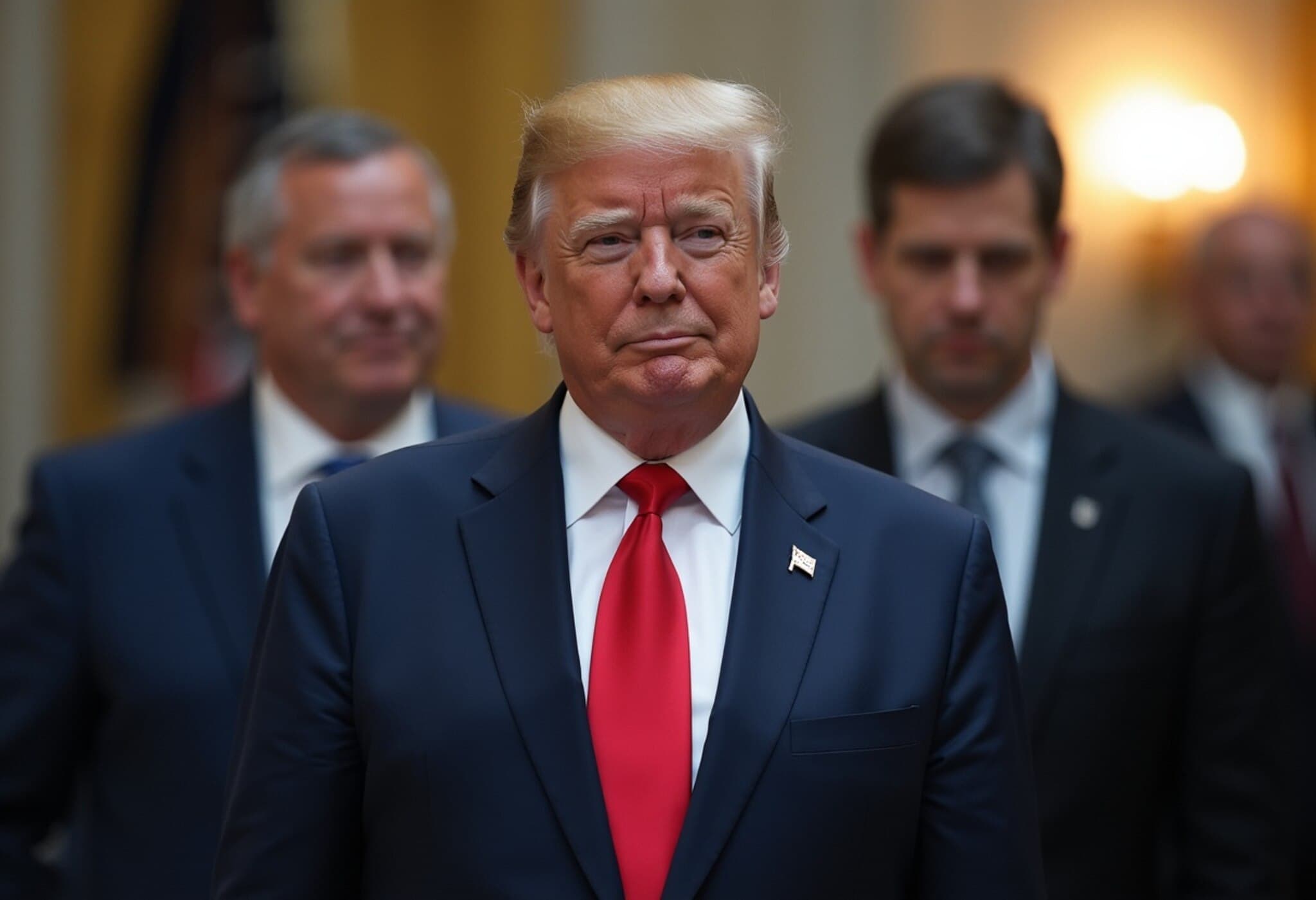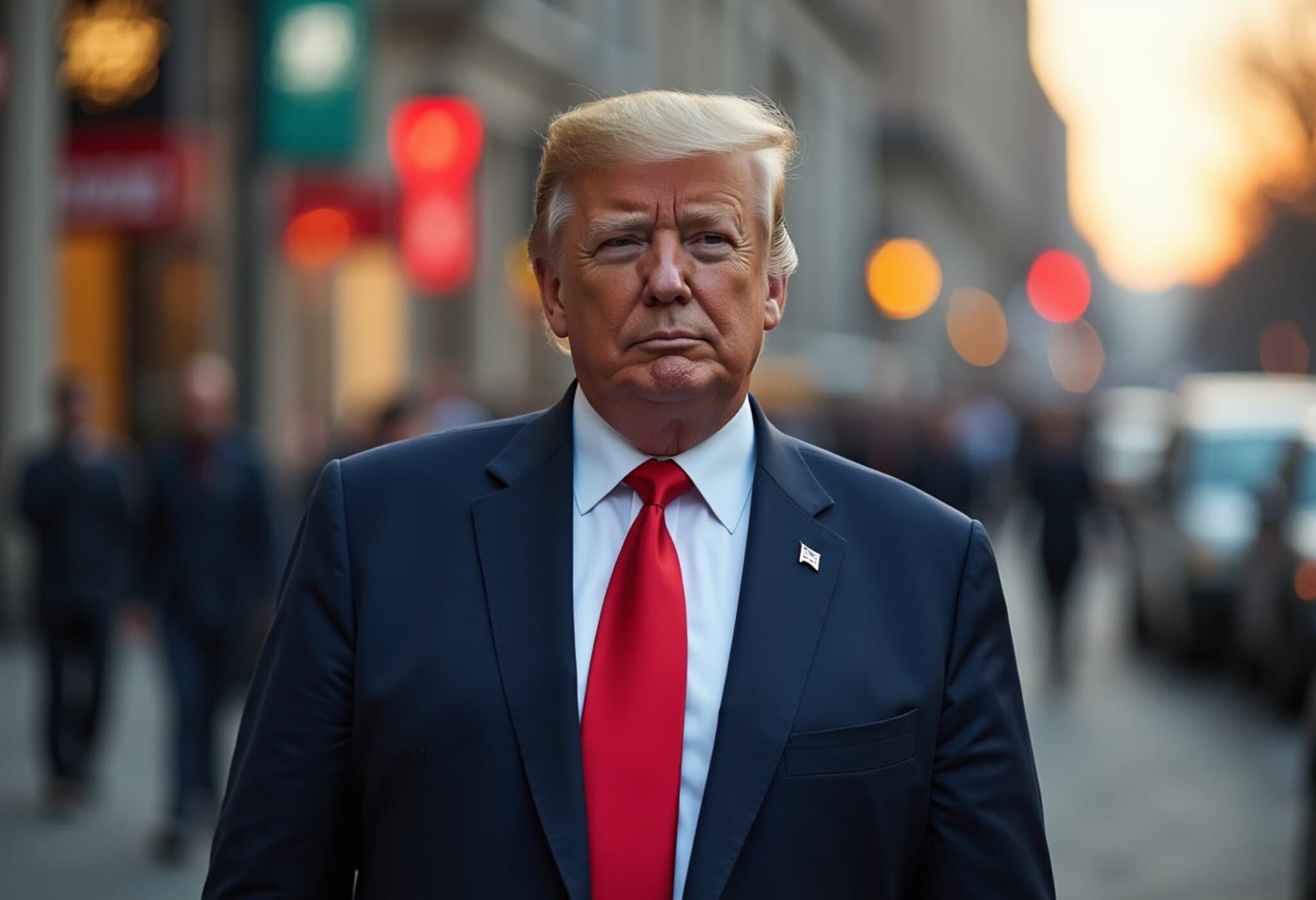Desecration of BAPS Swaminarayan Temple Sparks Concern in Indiana
In a disturbing development that has rattled the local and international Indian community, the BAPS Swaminarayan Temple in Greenwood, Indiana, was recently targeted by vandals who defaced its main signboard. The incident, which marks the fourth attack on a BAPS temple in the U.S. within the past year, has been strongly condemned by the Indian Consulate in Chicago.
Indian Consulate Condemns the Hate Crime
Describing the act as "reprehensible," the Indian Consulate swiftly raised the issue with local law enforcement authorities, urging prompt investigation and action. The Consul General addressed a gathering of temple devotees and local officials, including Greenwood's Mayor, emphasizing the importance of unity and vigilance against such hateful acts.
Repeated Attacks Highlight Growing Security Concerns
This is not an isolated case. Earlier this year, a BAPS temple in California was also defaced in a similar act of desecration. These repeated incidents raise troubling questions about the rise of targeted hate crimes against Hindu places of worship in the U.S., revealing an unsettling trend that demands attention from both community leaders and policymakers.
Community Response: Resilience Amid Adversity
The temple administration has voiced a strong message of unity, stating that these attacks have only reinforced the community’s resolve to stand firm against anti-religious behavior. Such resilience is a testament to the strength of cultural and religious bonds that immigrant communities maintain, even in the face of intolerance.
Contextual Insight: Understanding the Broader Implications
Hate crimes targeting religious institutions not only threaten physical property but also seek to undermine social cohesion and the sense of security among minority communities. For Indian Americans, who have contributed significantly to the social and economic fabric of the U.S., these incidents can erode trust and deepen feelings of vulnerability.
Policy and Legal Considerations
- Law Enforcement Response: Prompt, transparent investigations and strong legal action are essential to deter future incidents and reassure affected communities.
- Community Engagement: Ongoing dialogue between local governments, law enforcement, and religious communities can foster understanding and early identification of threats.
- Federal Hate Crime Reporting: Enhanced reporting and classification of hate crimes can help allocate resources and inform targeted prevention strategies.
Questions for Reflection
As these incidents underline the persistence of religious intolerance, we must ask: What more can American society do to protect religious freedoms? How can immigrant communities and local authorities collaborate to create safer, more inclusive environments? And importantly, how do these acts impact the larger narrative of pluralism in the U.S.?
Conclusion
The vandalism against the BAPS Swaminarayan Temple in Indiana is more than just an act of defacement; it is a call to action for communities, leaders, and law enforcement to unite against intolerance. Strengthening solidarity, enhancing security measures, and fostering cross-cultural dialogue are pivotal steps to ensure that places of worship remain sanctuaries of peace and spiritual solace.
This incident highlights the precarious balance between religious freedom and social harmony in increasingly diverse communities. Readers are encouraged to consider the systemic challenges minority communities face in the U.S. and the proactive measures needed to safeguard their rights. As such events gain visibility, nuanced discussions about hate crime prevention and community resilience become ever more critical.












